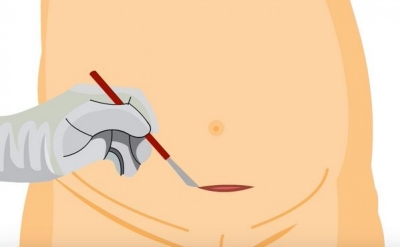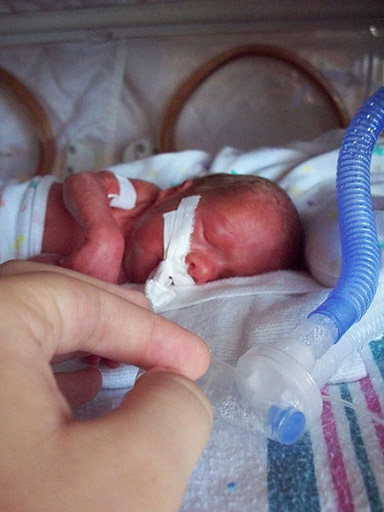Well! There is good news to women who are in their 30's and have been bitten by the pregnancy bug. You have not missed the bus yet! You could get pregnant with minimal risks after the age 35, but, only if you were having a healthy lifestyle, says a research published in Australian and New Zealand Journal of Obstetrics and Gynaecology. Career and lifestyle choices have made women push pregnancy to later age.
In Australia 22 per cent, in the US 15 per cent and in the UK 20 per cent women have given births after the age of 35. The rate of giving birth after the of age 35 in 1970 was probably 1 in 100. Increasing maternal age has been blamed on career choices, lifestyle and also to some extent on the rise in medical intervention
Why is pregnancy a risk after 35?
Fertility begins to decline after age 35 in women and at this stage in life, it can take some time to get pregnant. For women aged 35-39, it can take up to 12 months to conceive. As women age, they begin to have occasional cycles when ovulation may not occur. Thus, If no egg is released, pregnancy may not happen. When there are fewer eggs available and the quality is also on the decline, the chances of pregnancy comes down. Apart form it, there is an increased chance of ectopic pregnancy, where the fertilised egg implants in other places in the reproductive tract or sometimes in the women's abdomen instead of the uterus, most of the time in the fallopian tube.
Even if the woman gets pregnant, older mothers are prone to caesarean risks.
Research says what?
Women over 35 who are more likely to have a better diet and exercise more regularly may have a healthy pregnancy and baby. Women over 35 are less likely to smoke, and probably drink less alcohol than they did in their younger years. Women who defer motherhood until later can be reassured their age is less of a risk than previously believed but it is critical for all women of childbearing age, to maintain optimal health before becoming pregnant.
While it’s not possible to predict whether you will have a completely complication-free pregnancy and birth, you can improve your chances by making sure you engage in good quality prenatal care, and choosing a care provider who supports natural birth.






